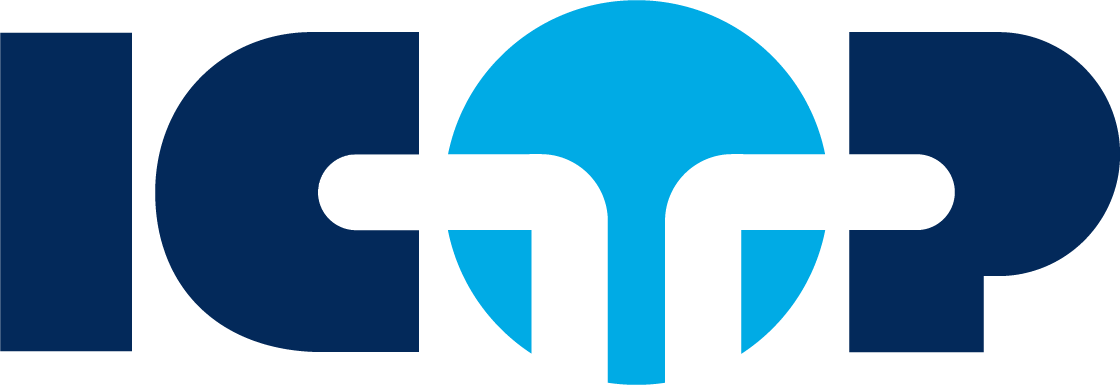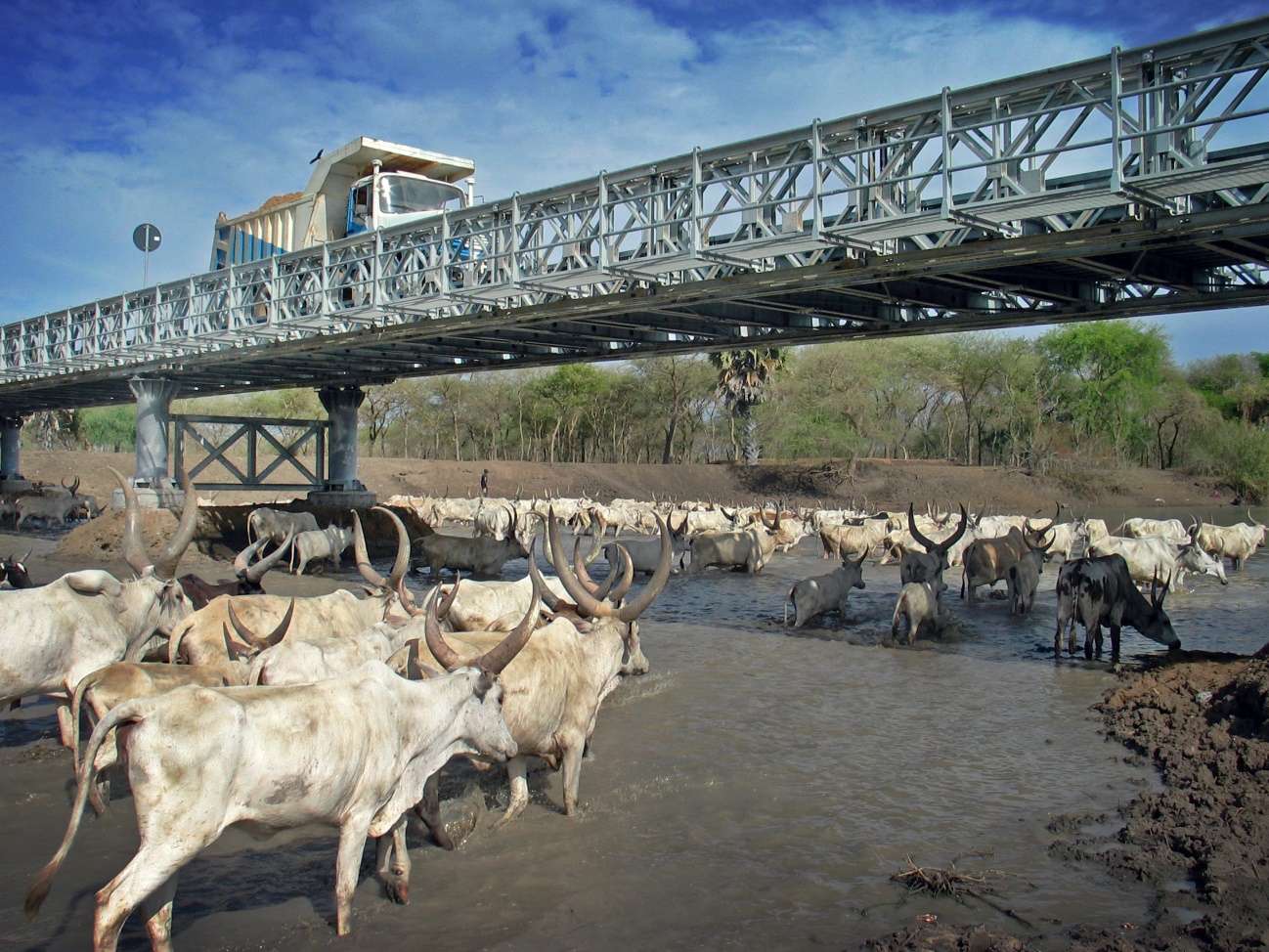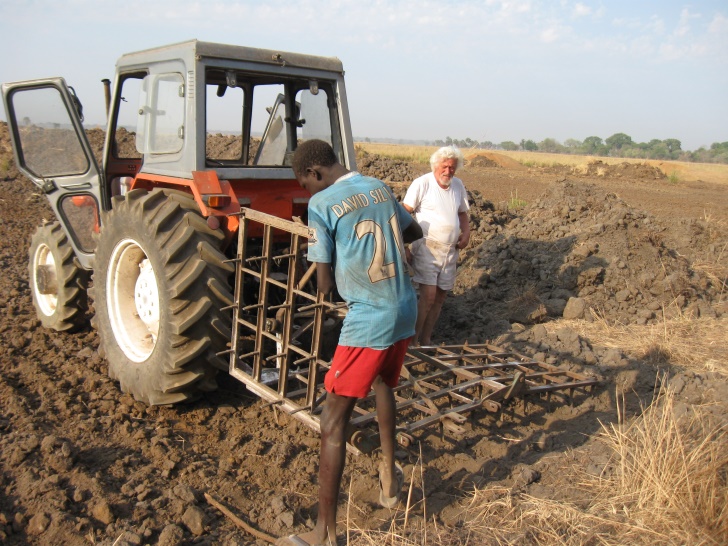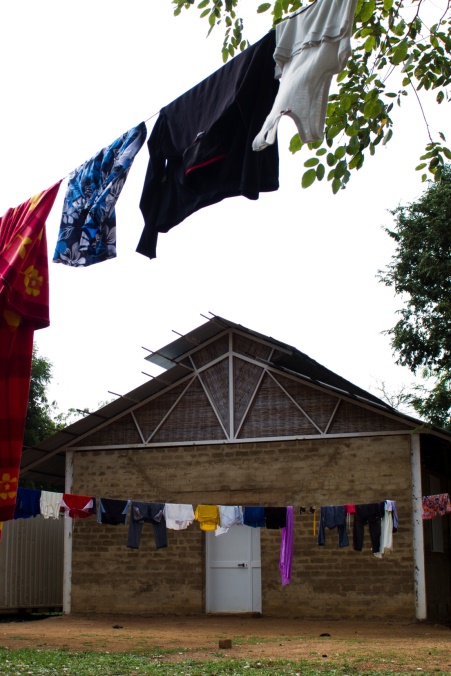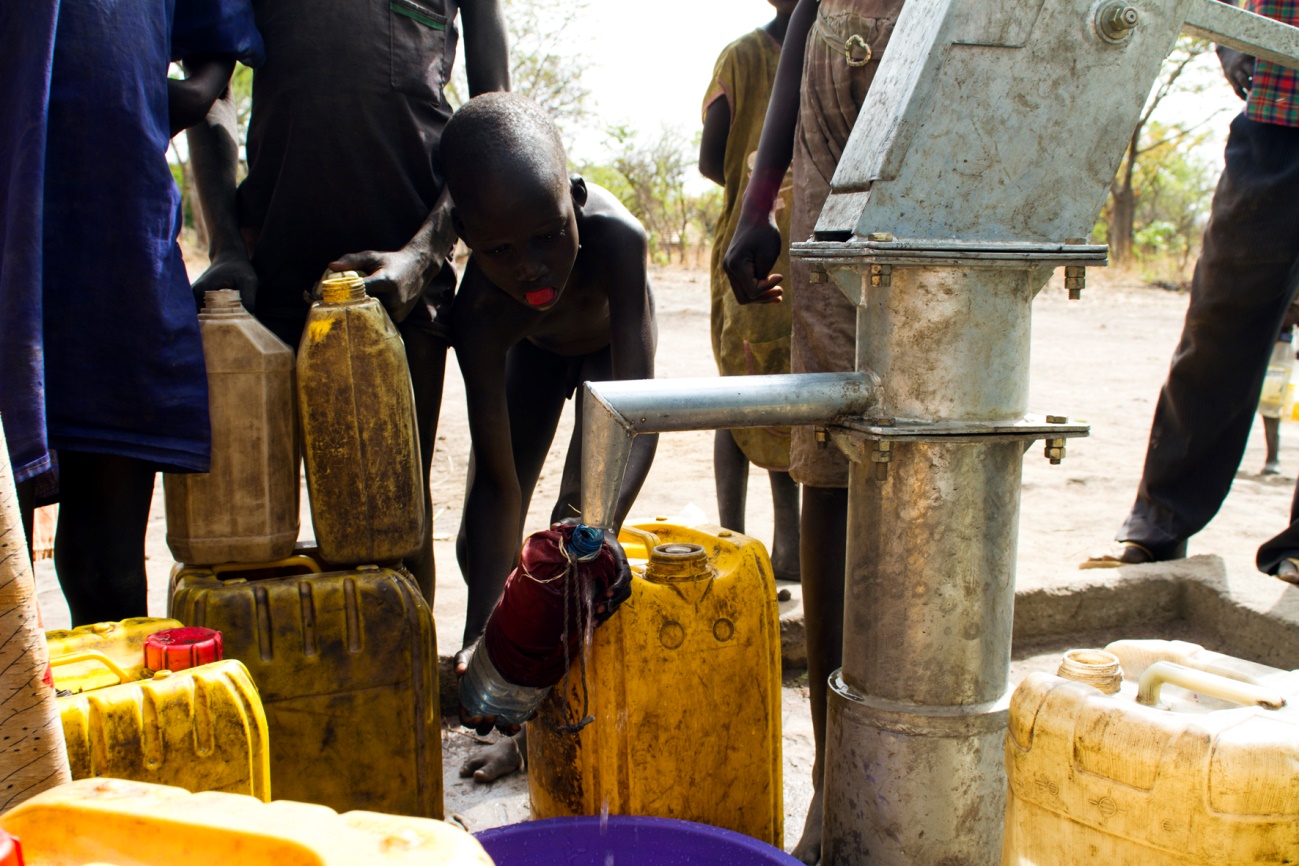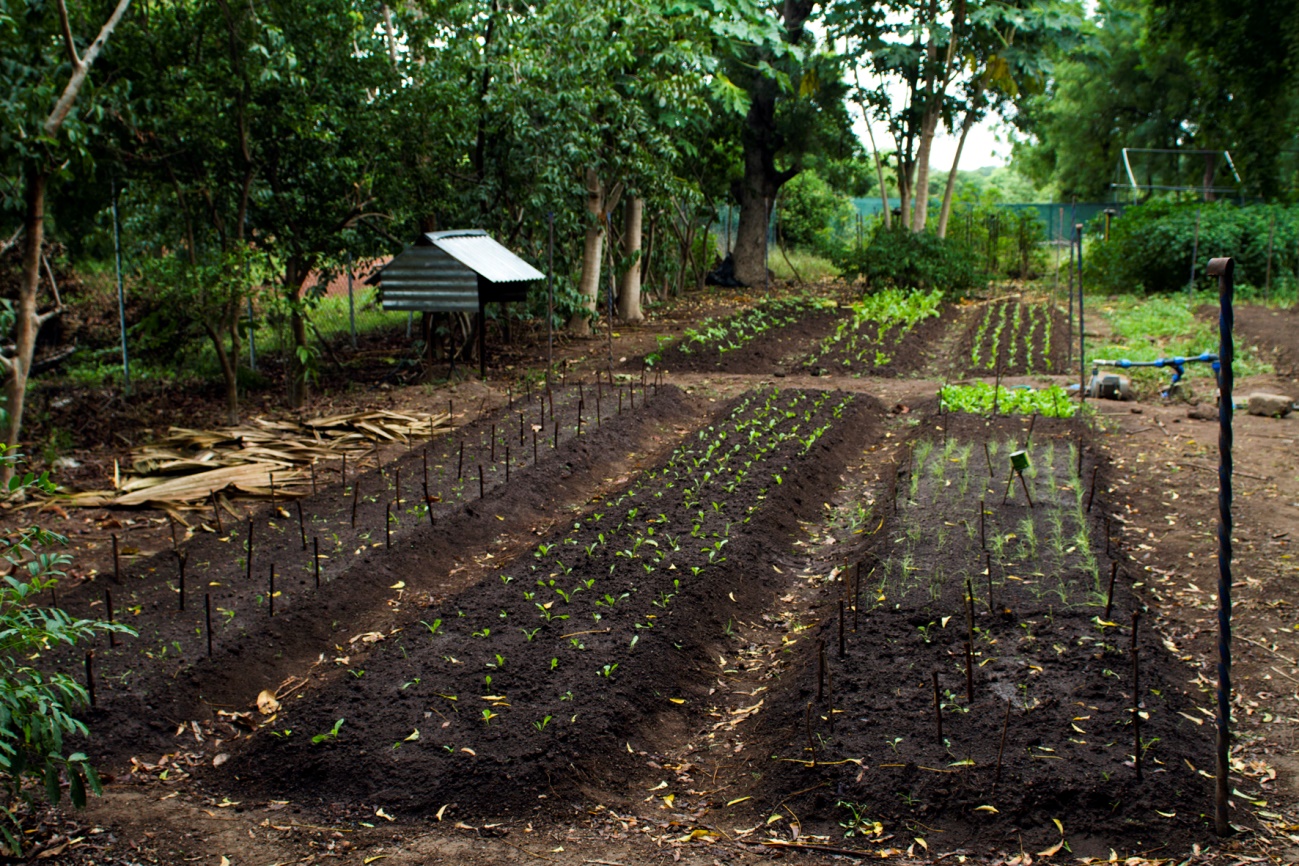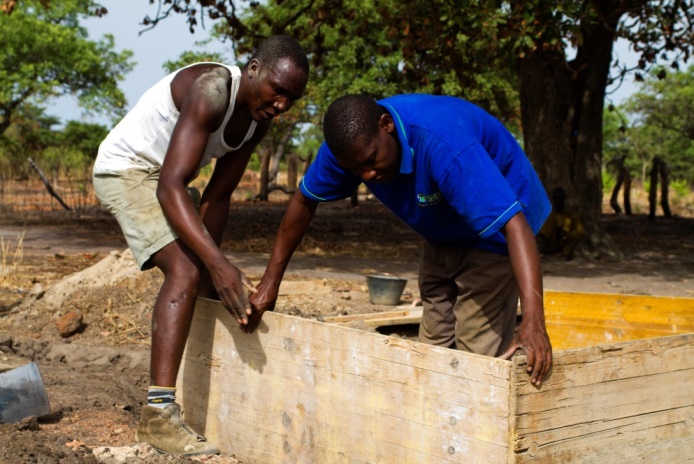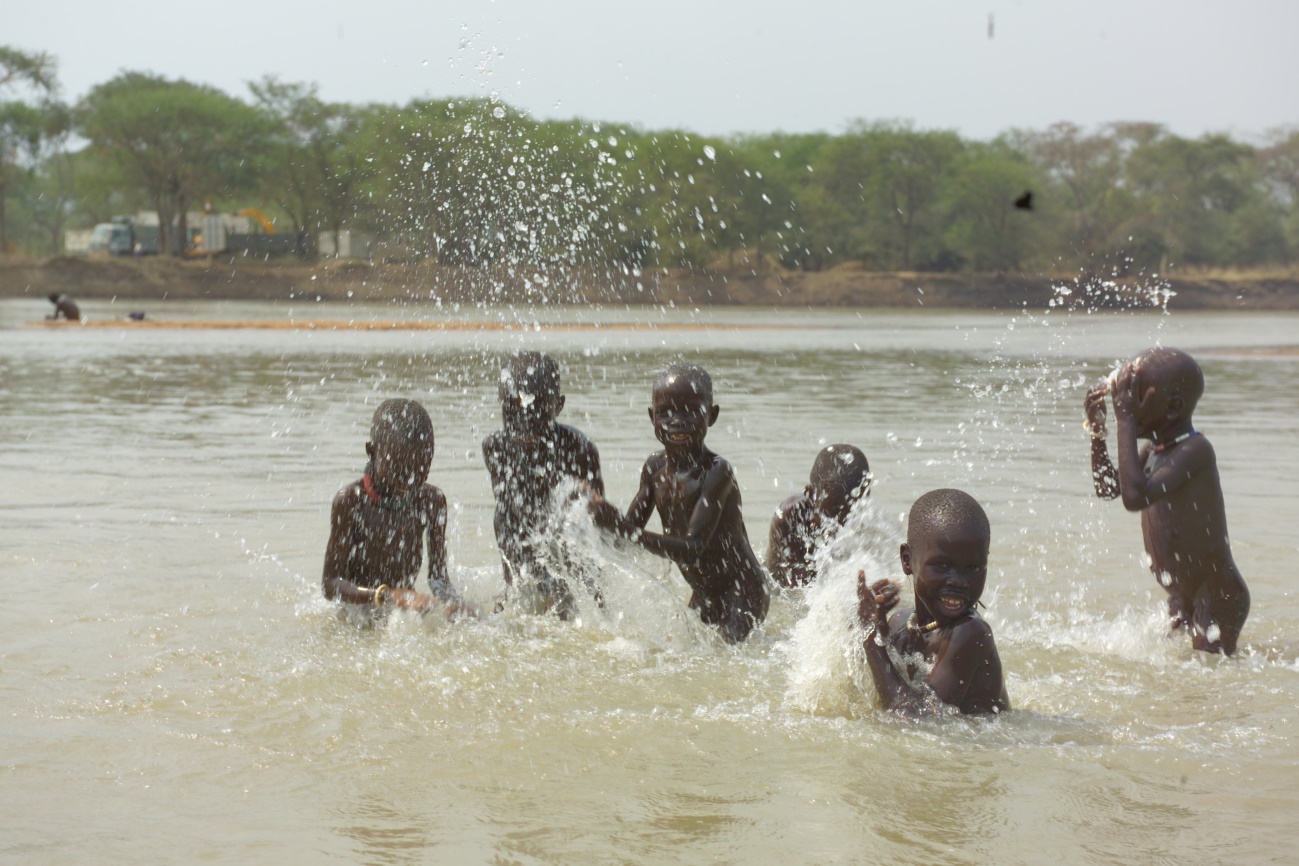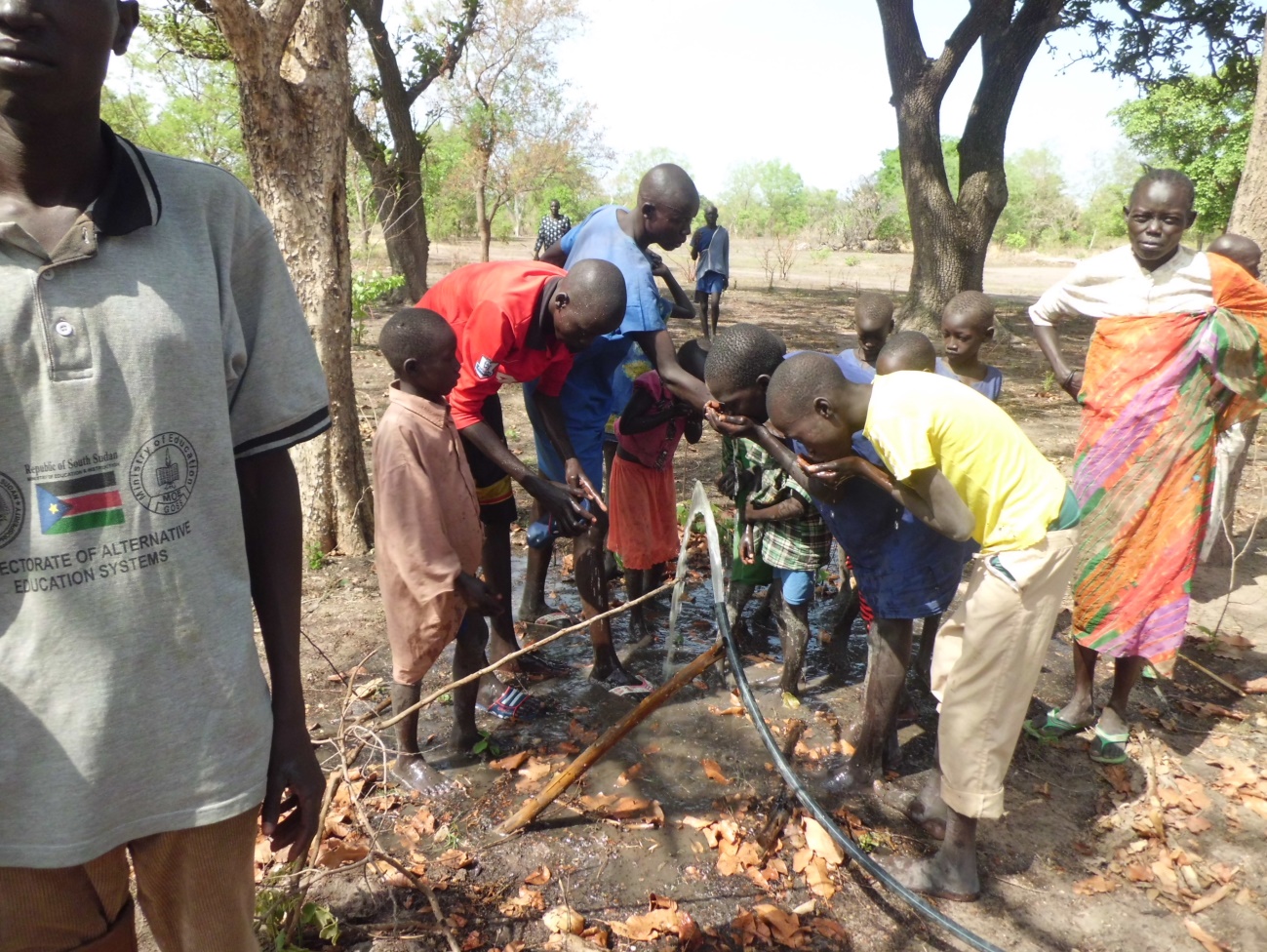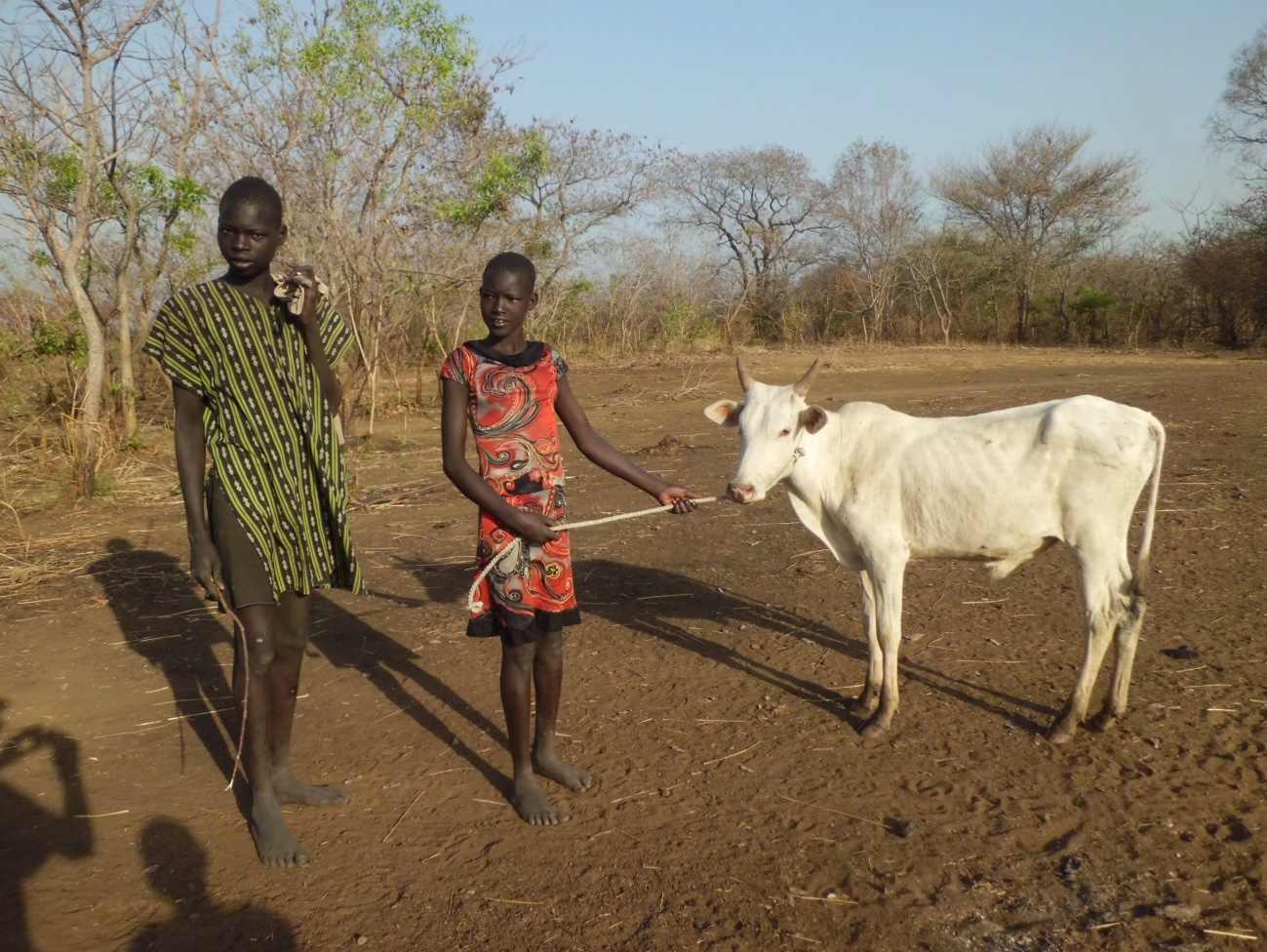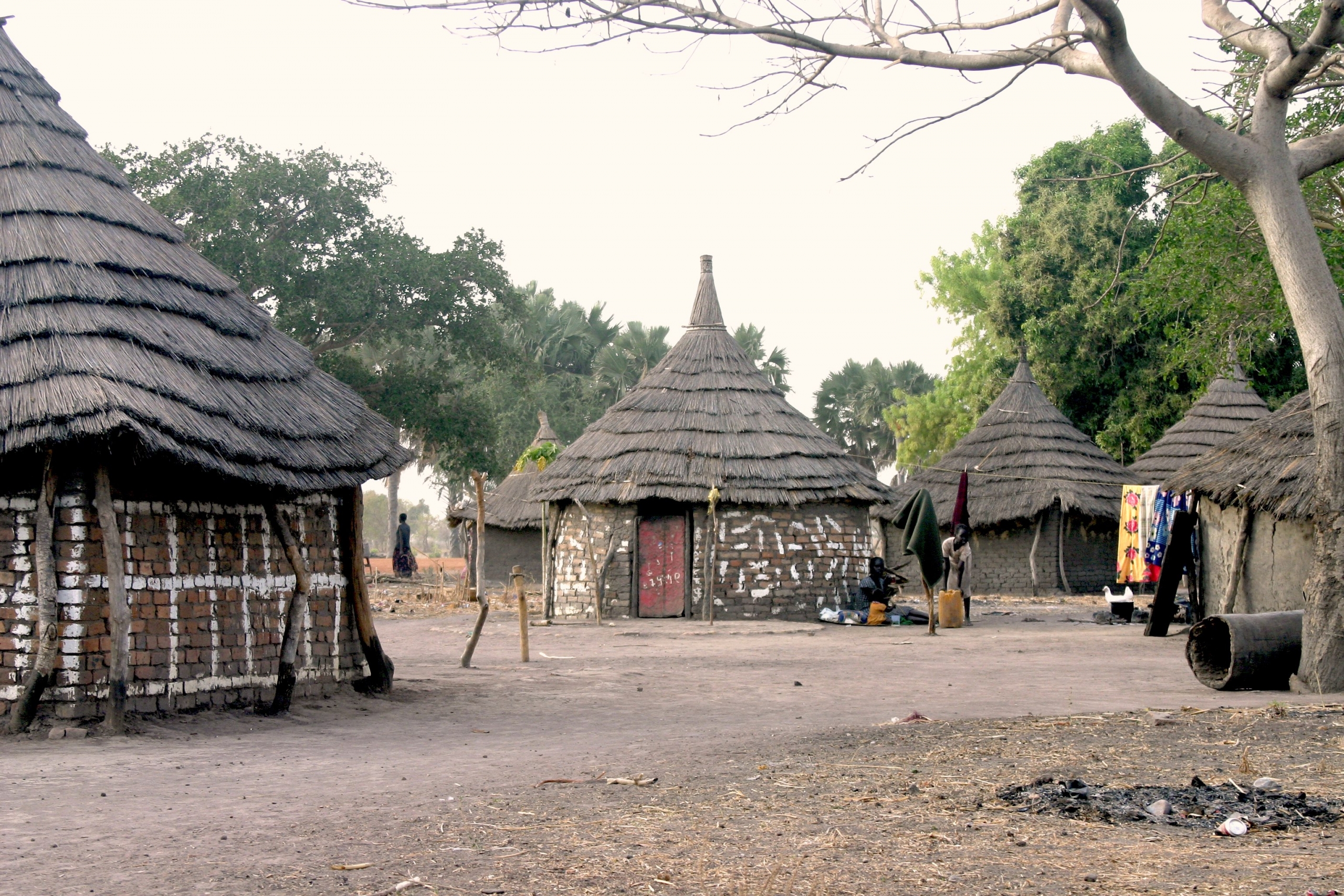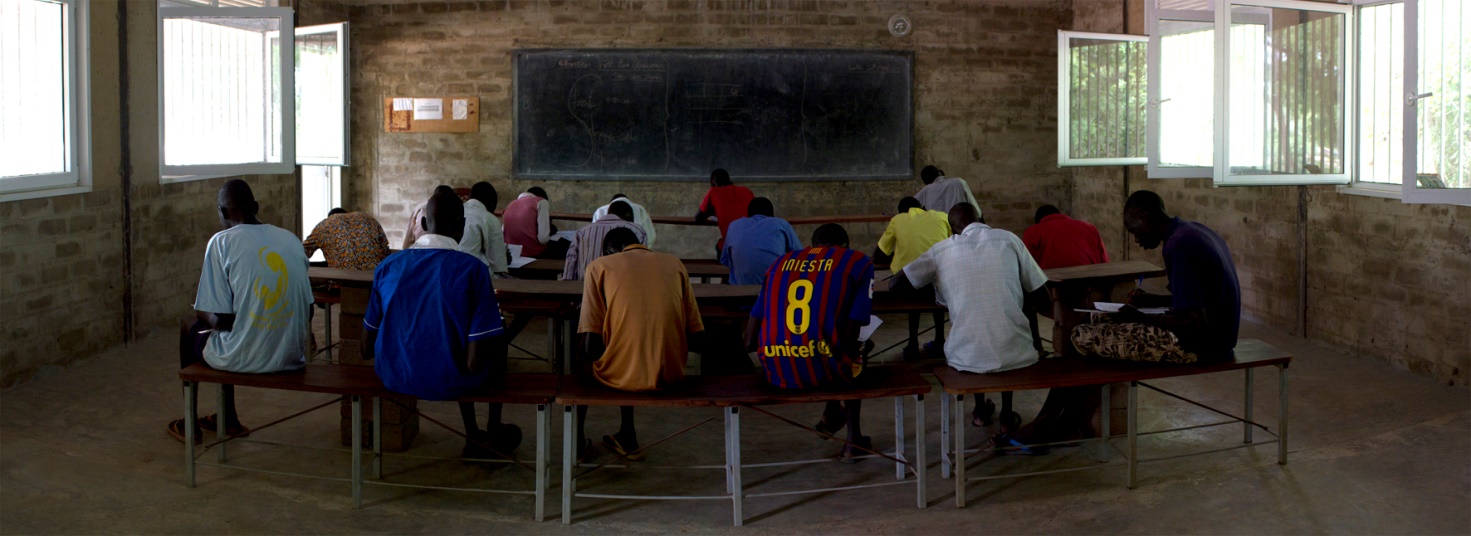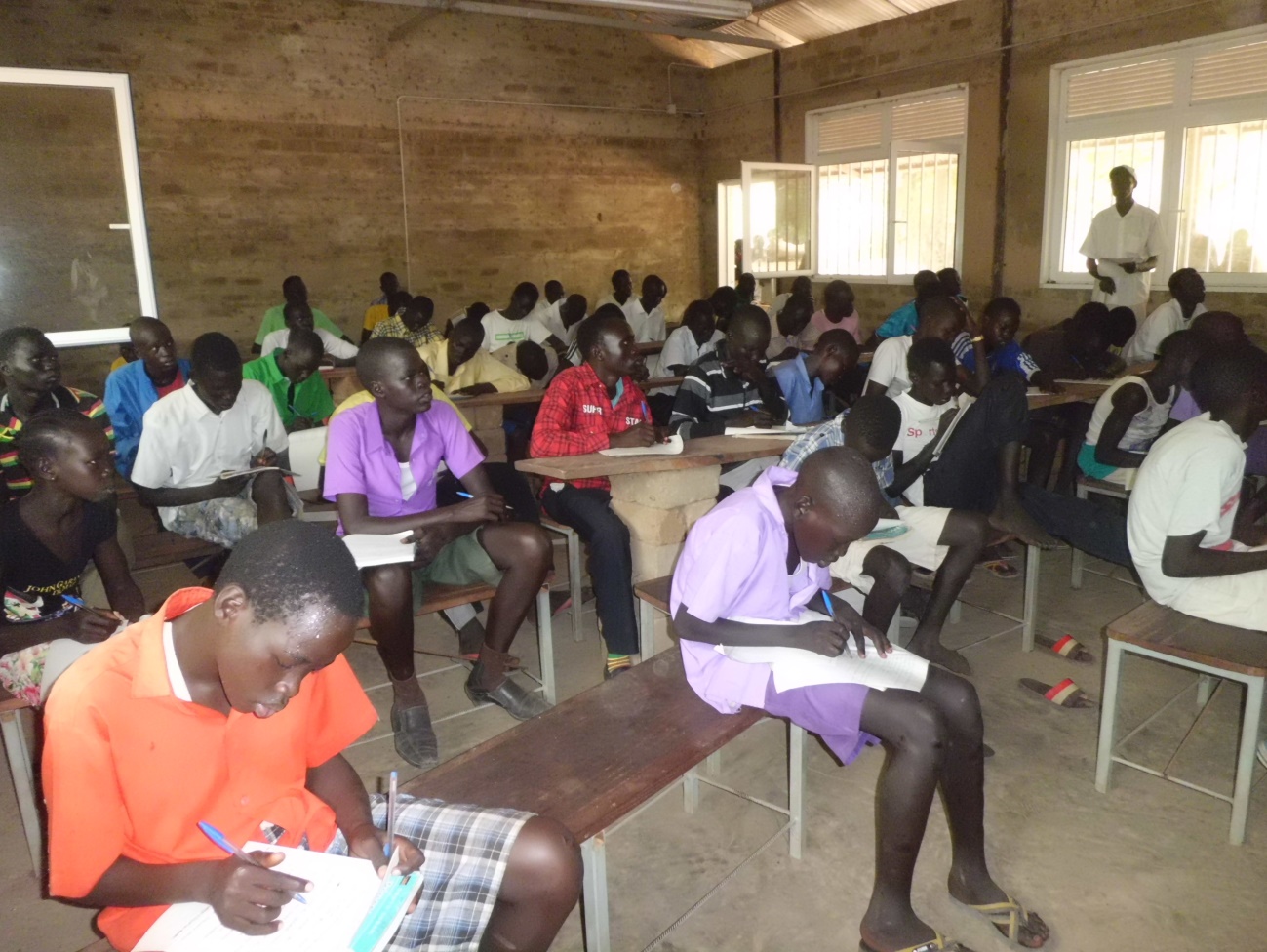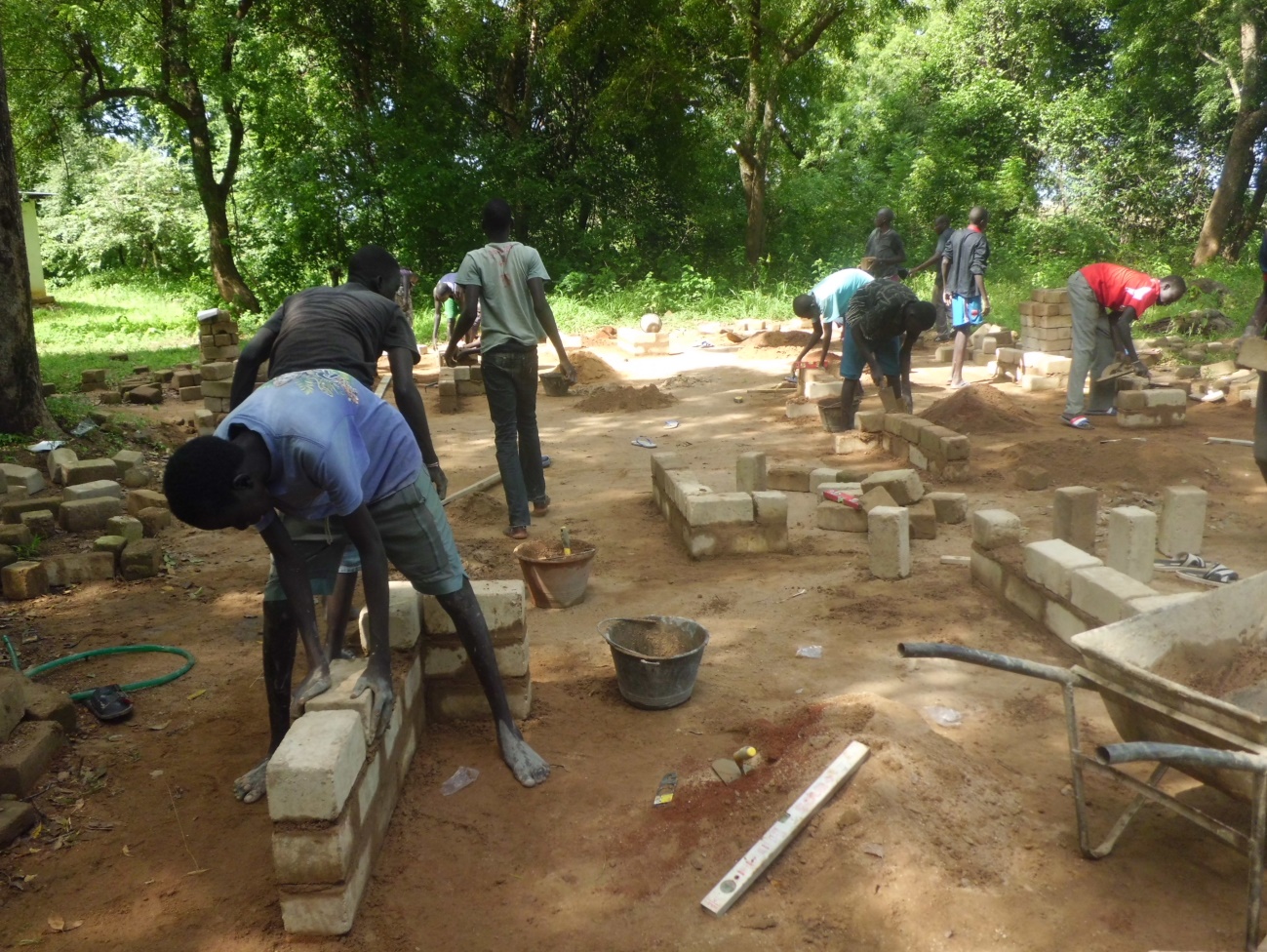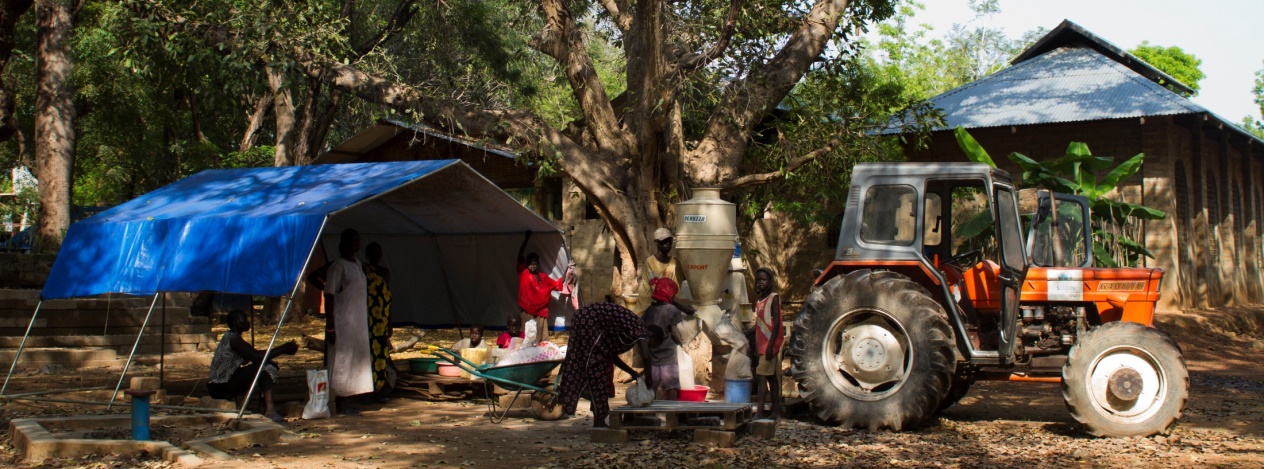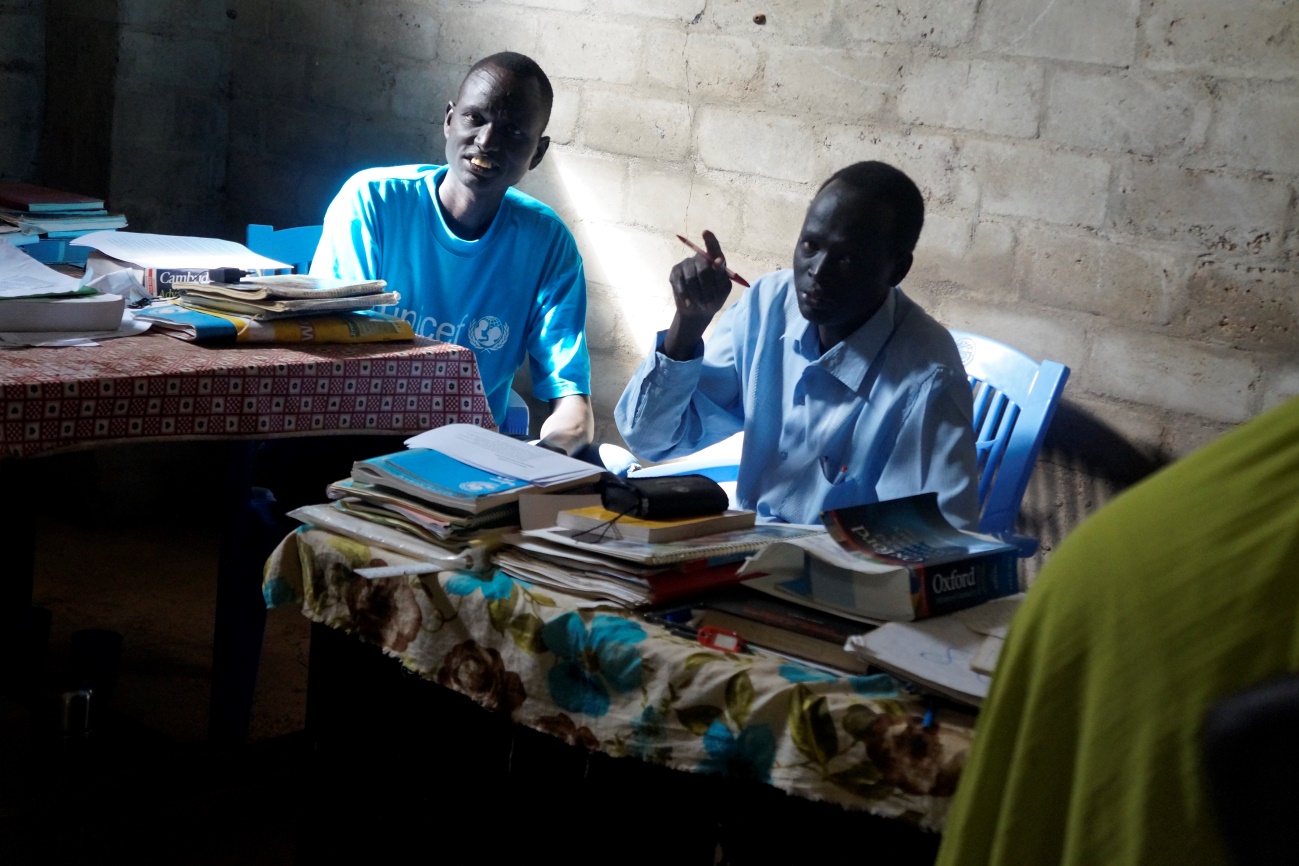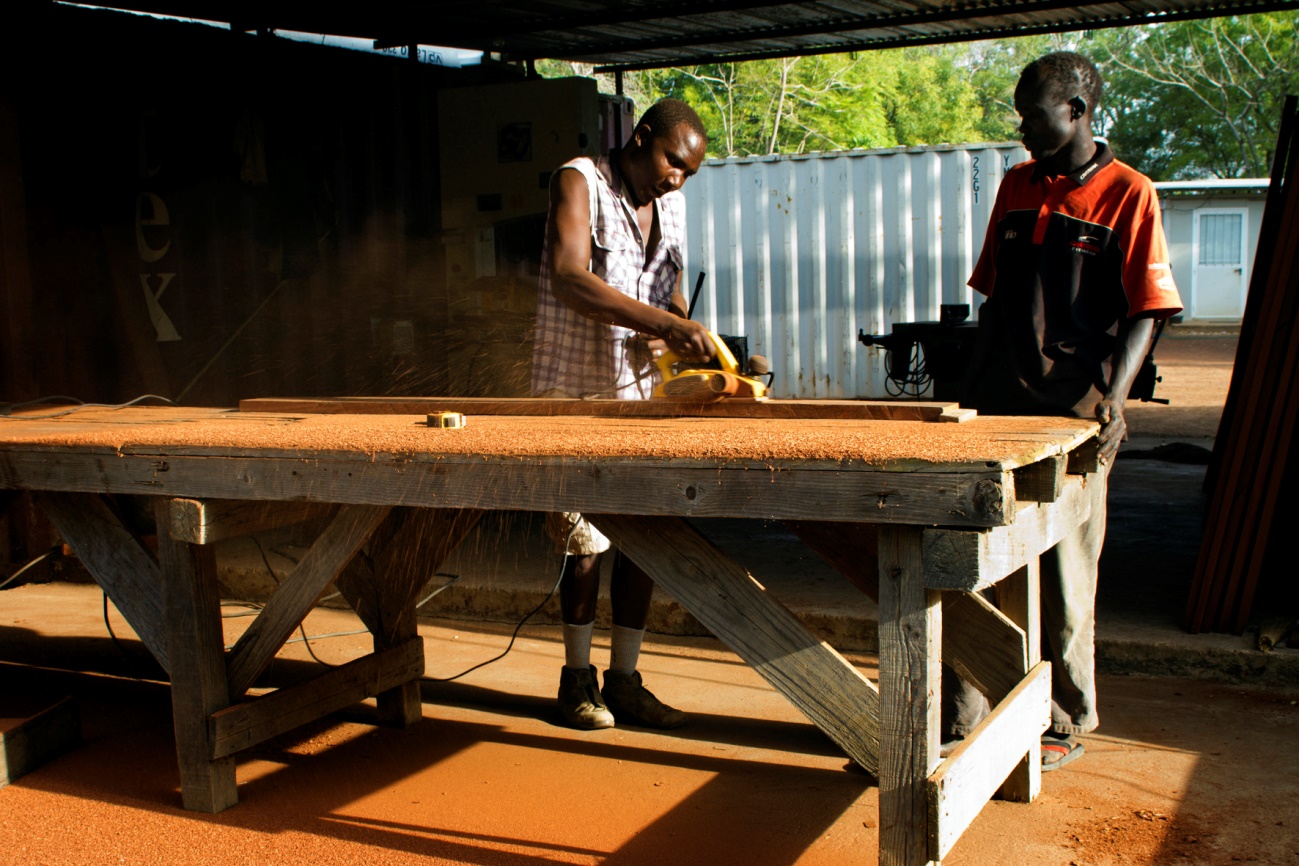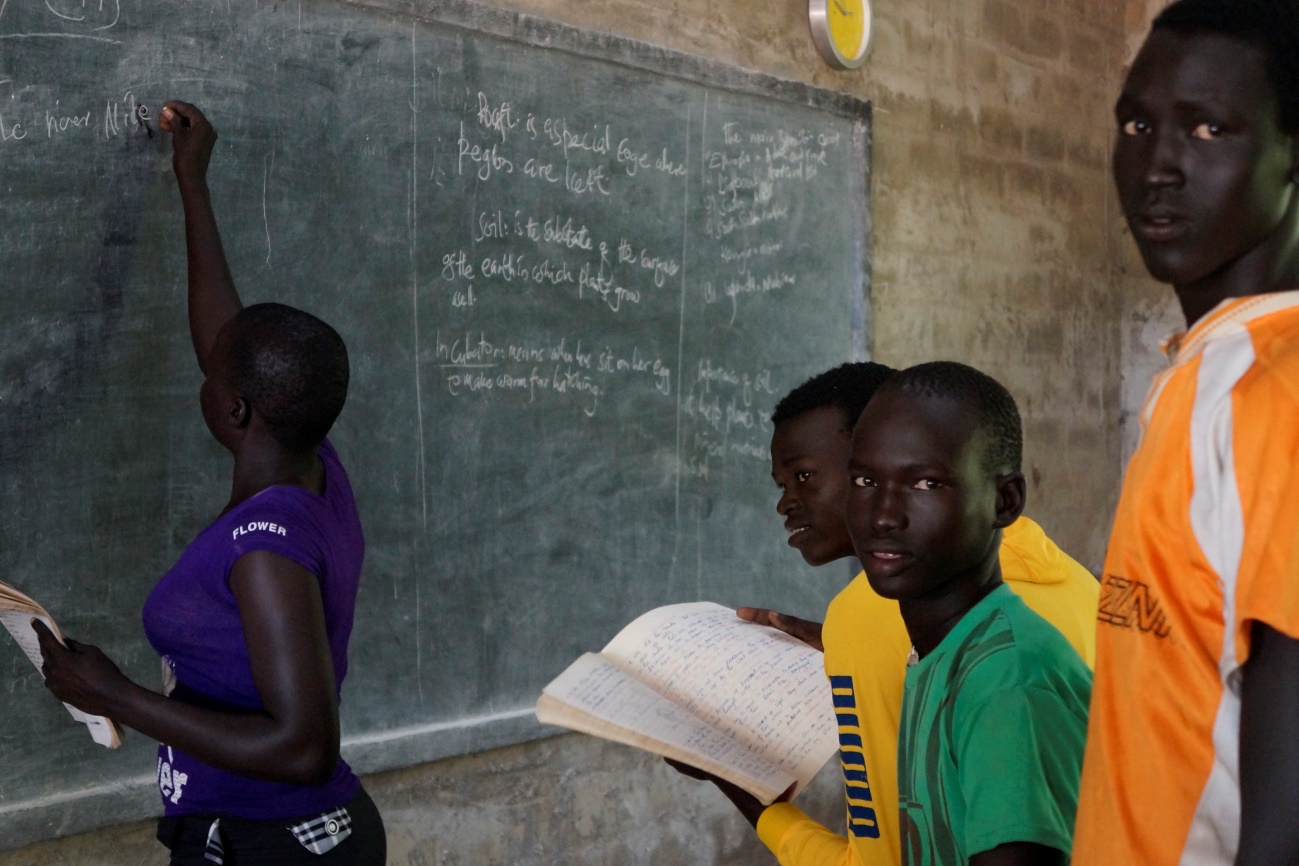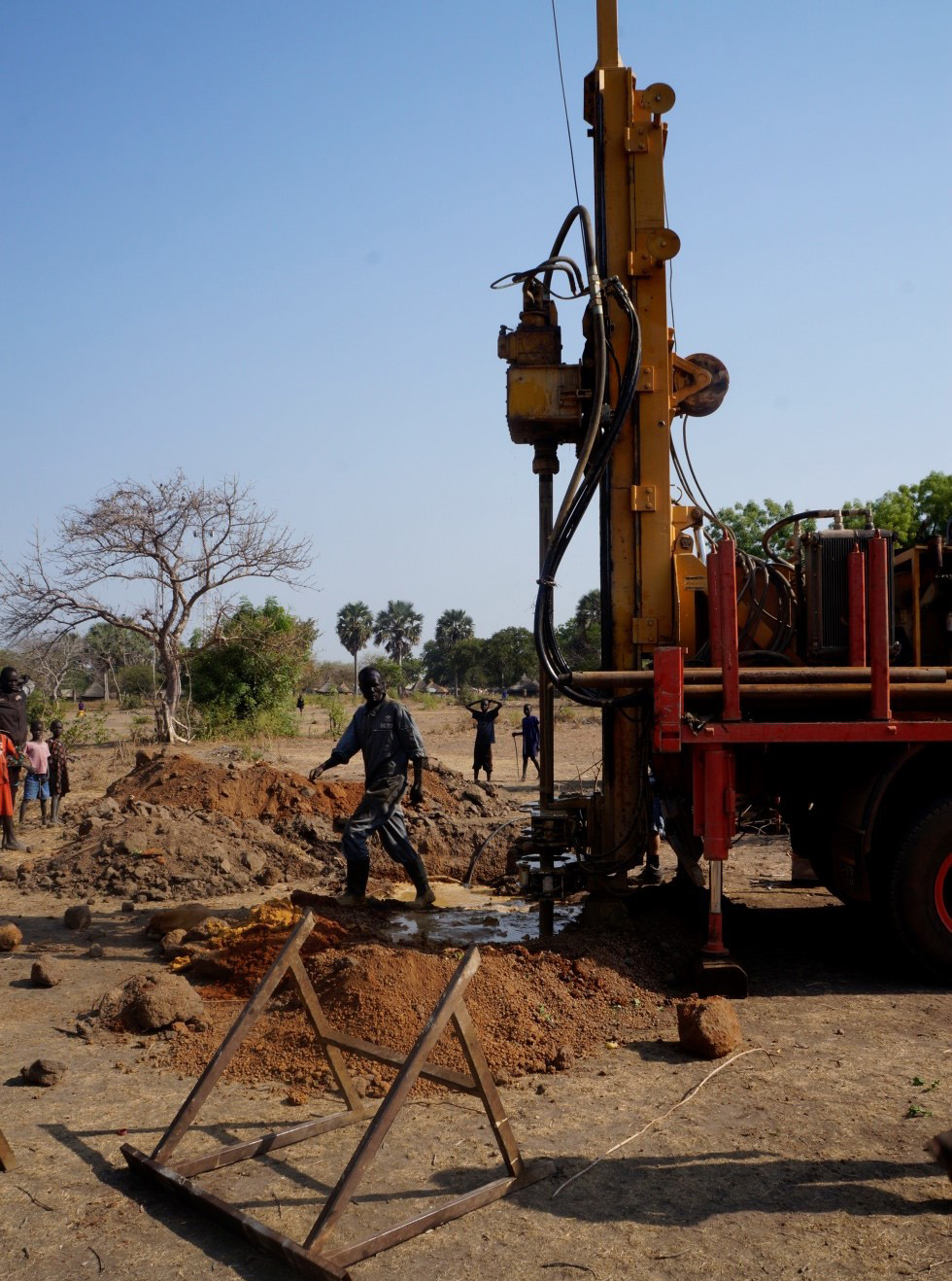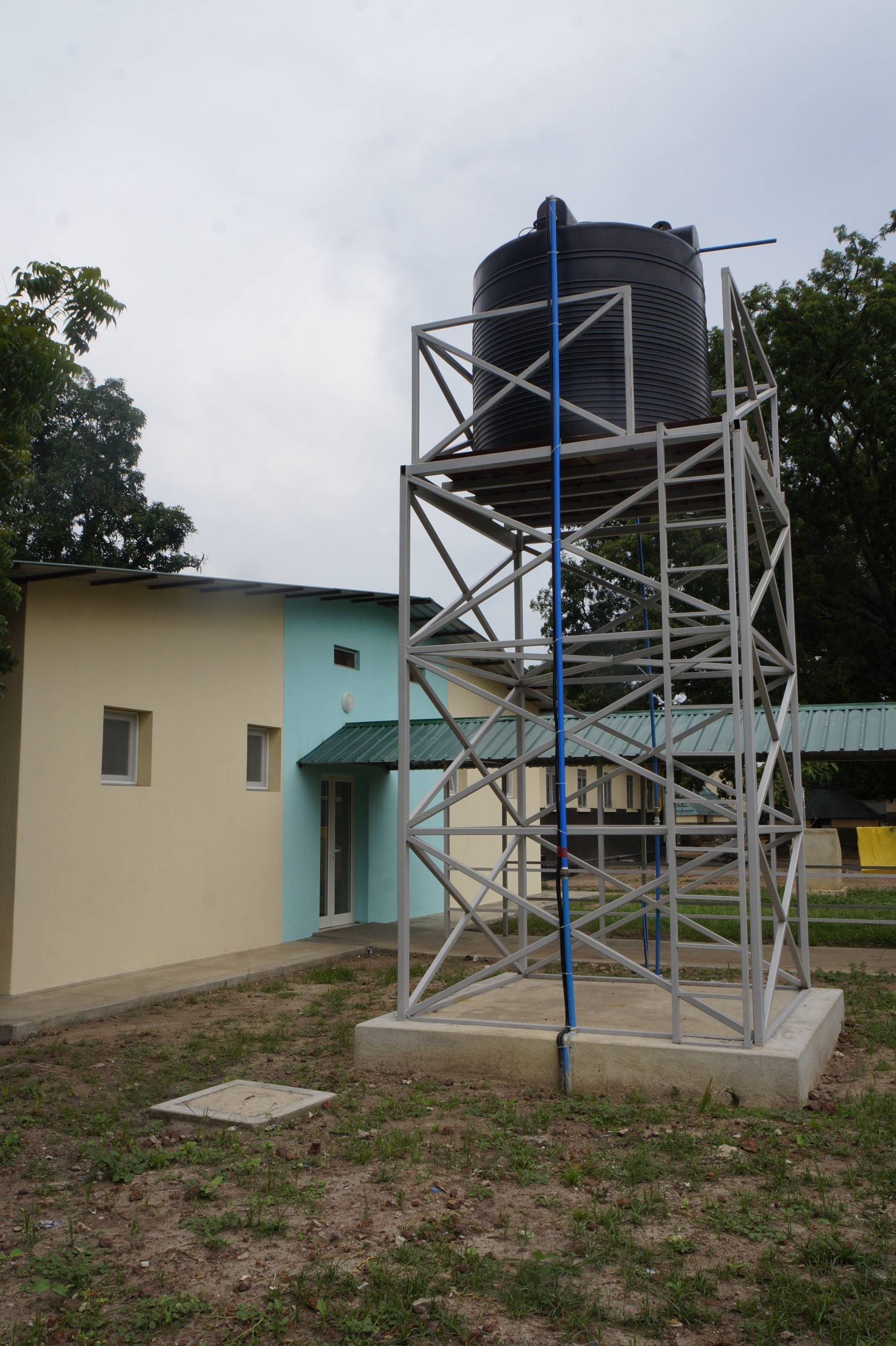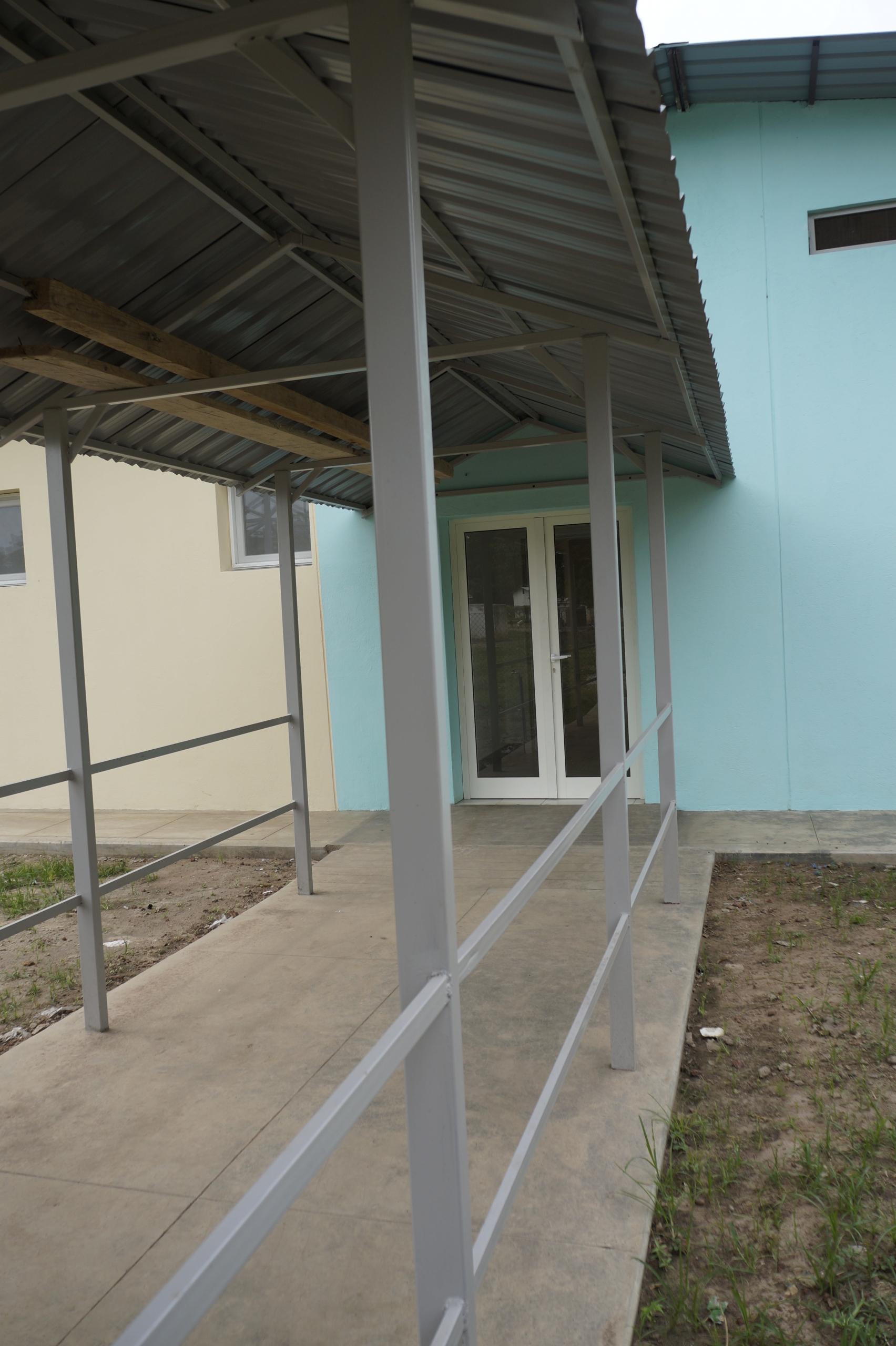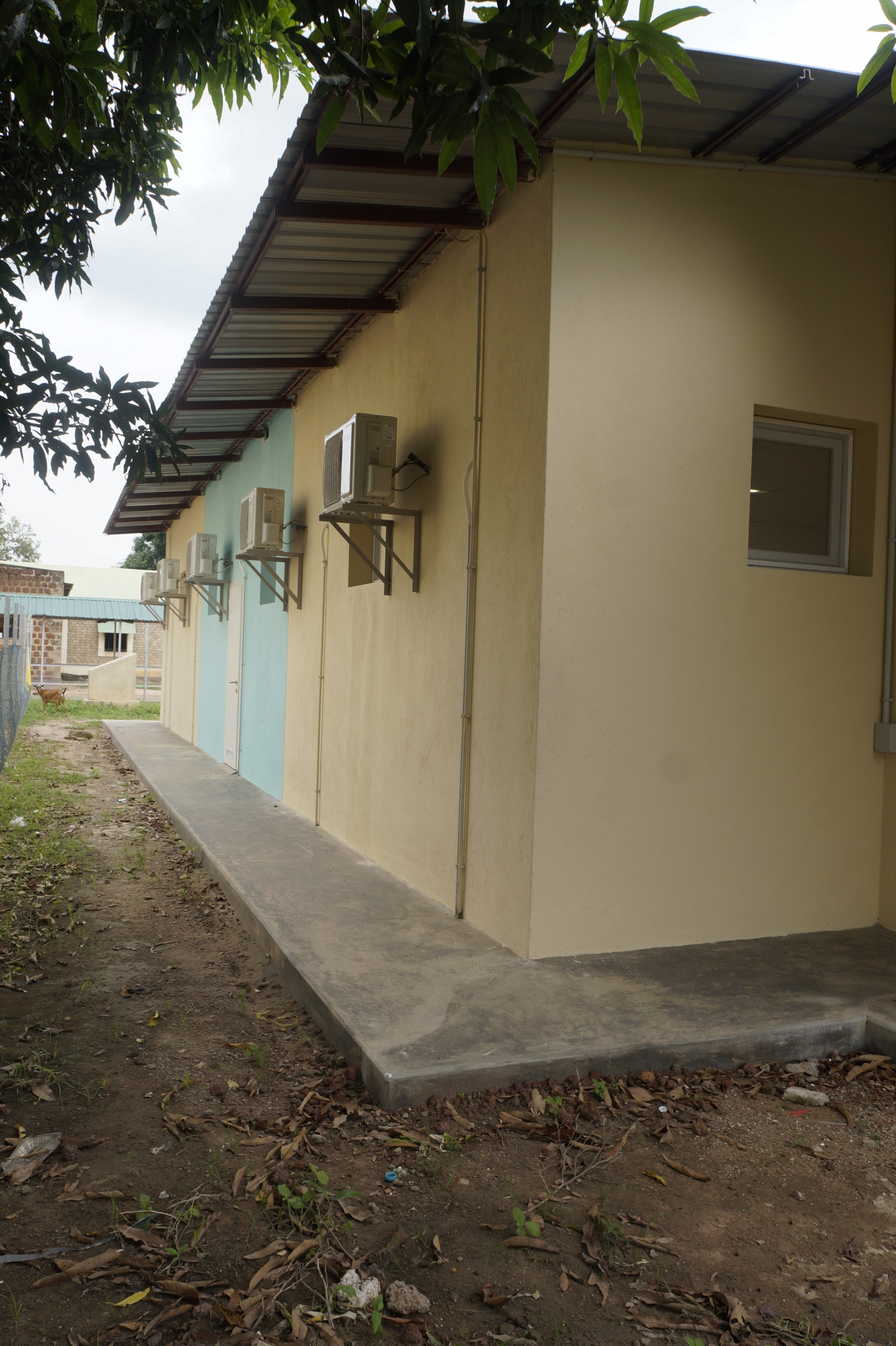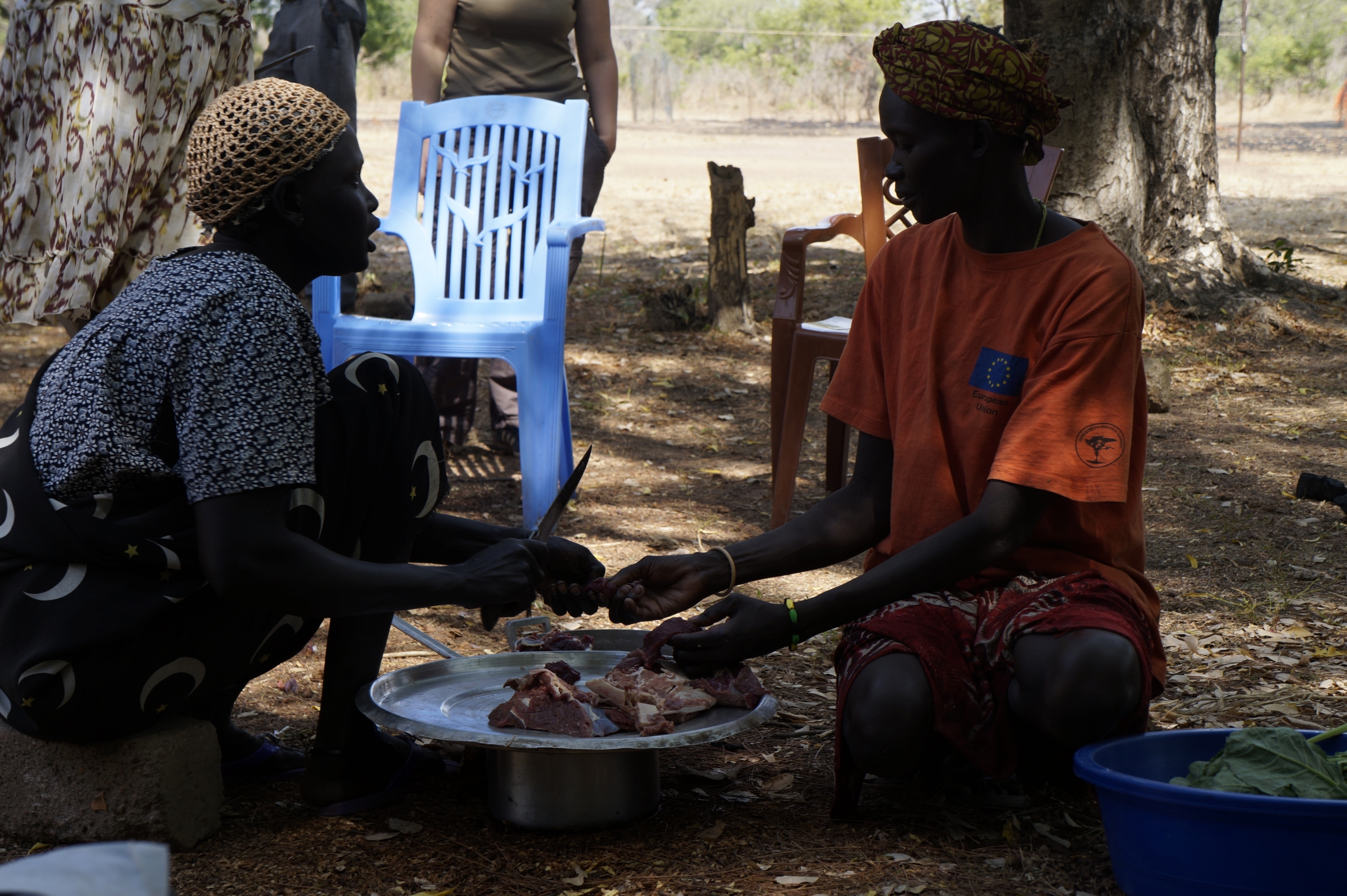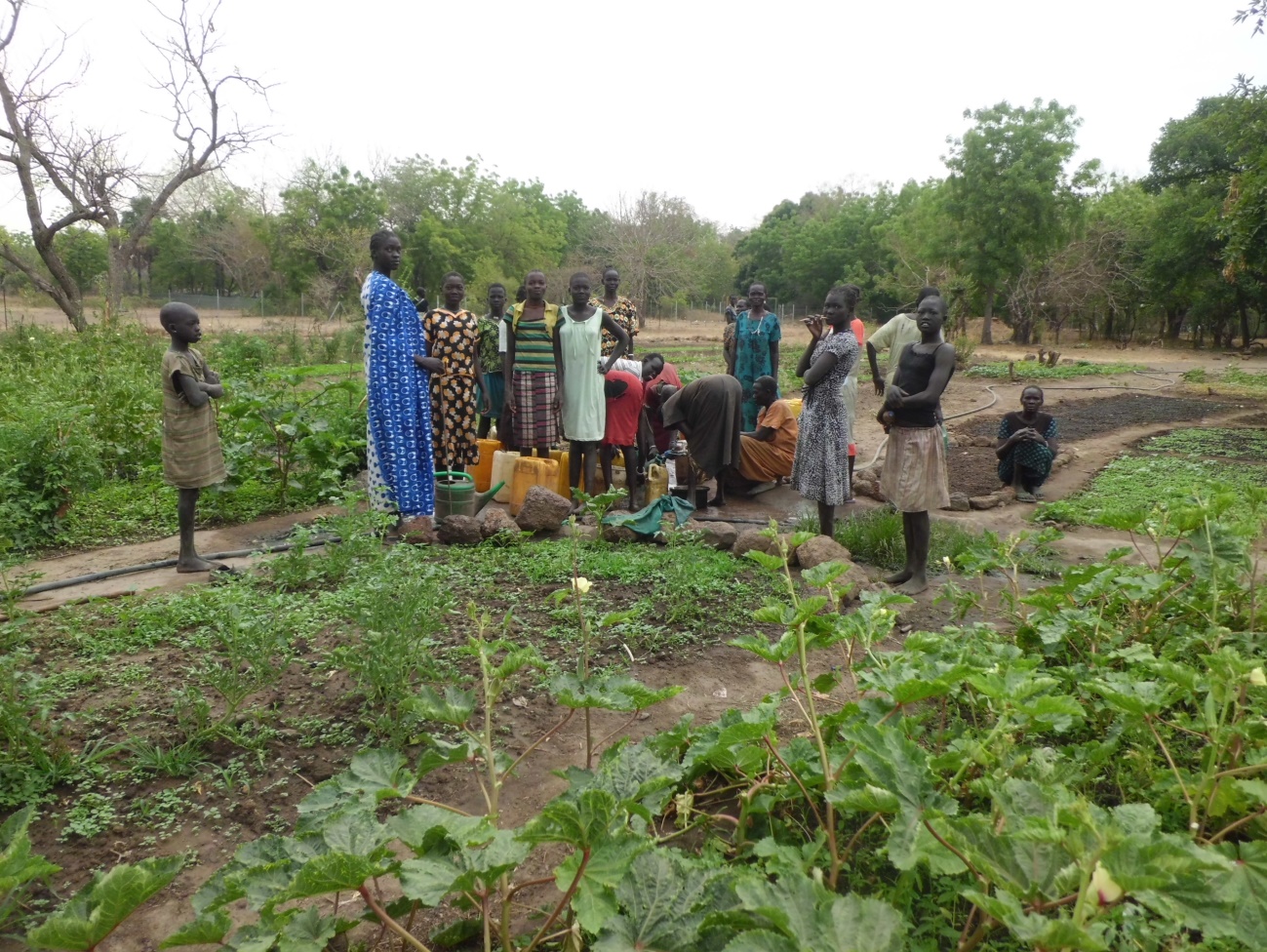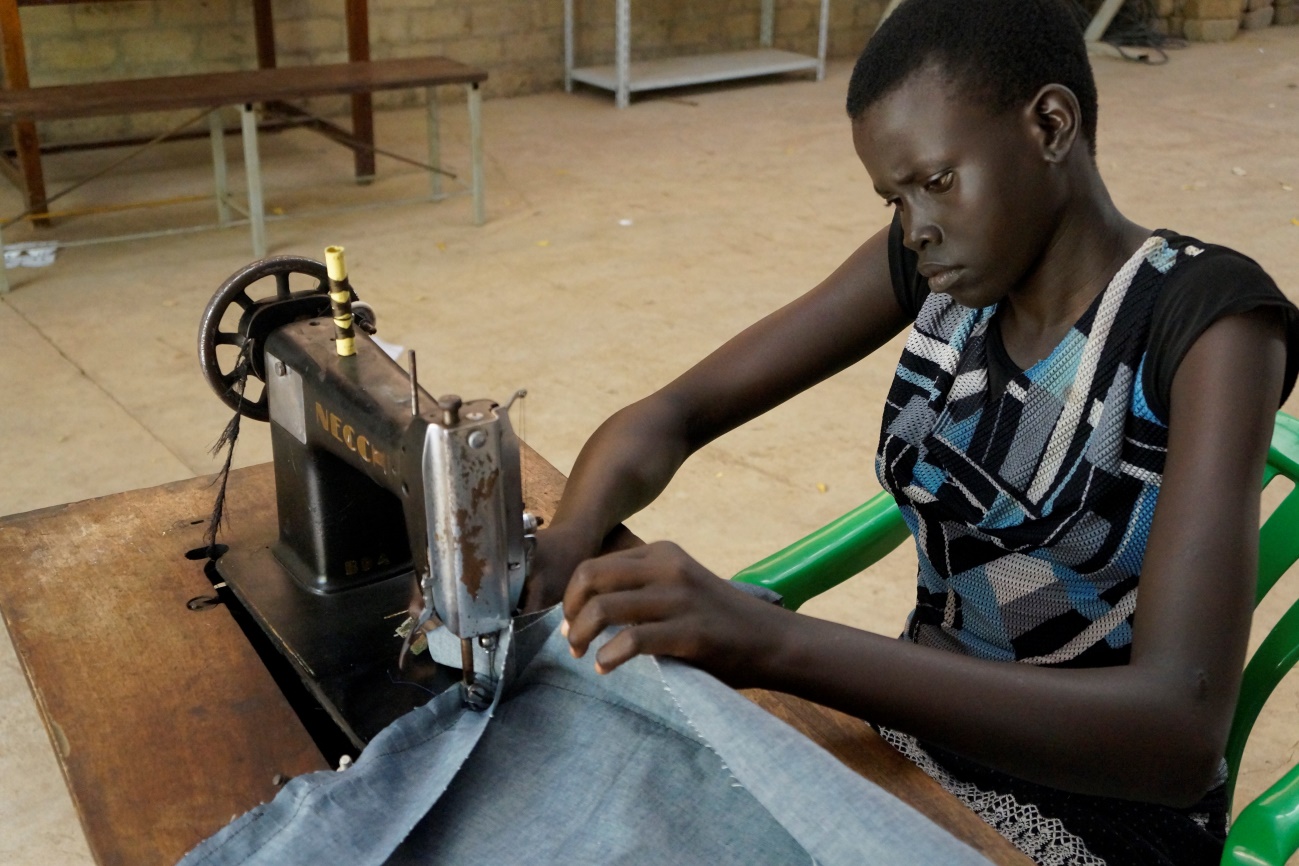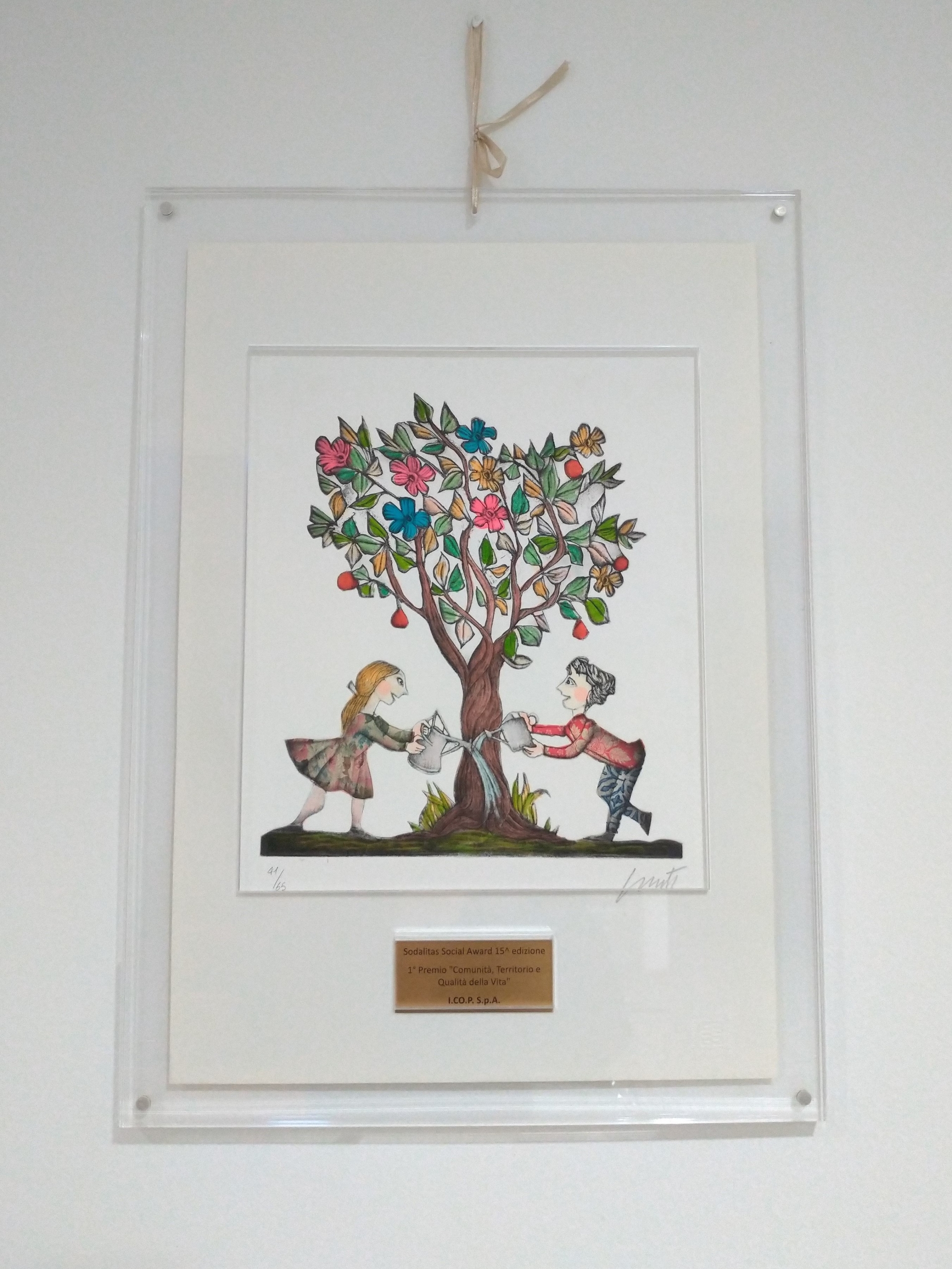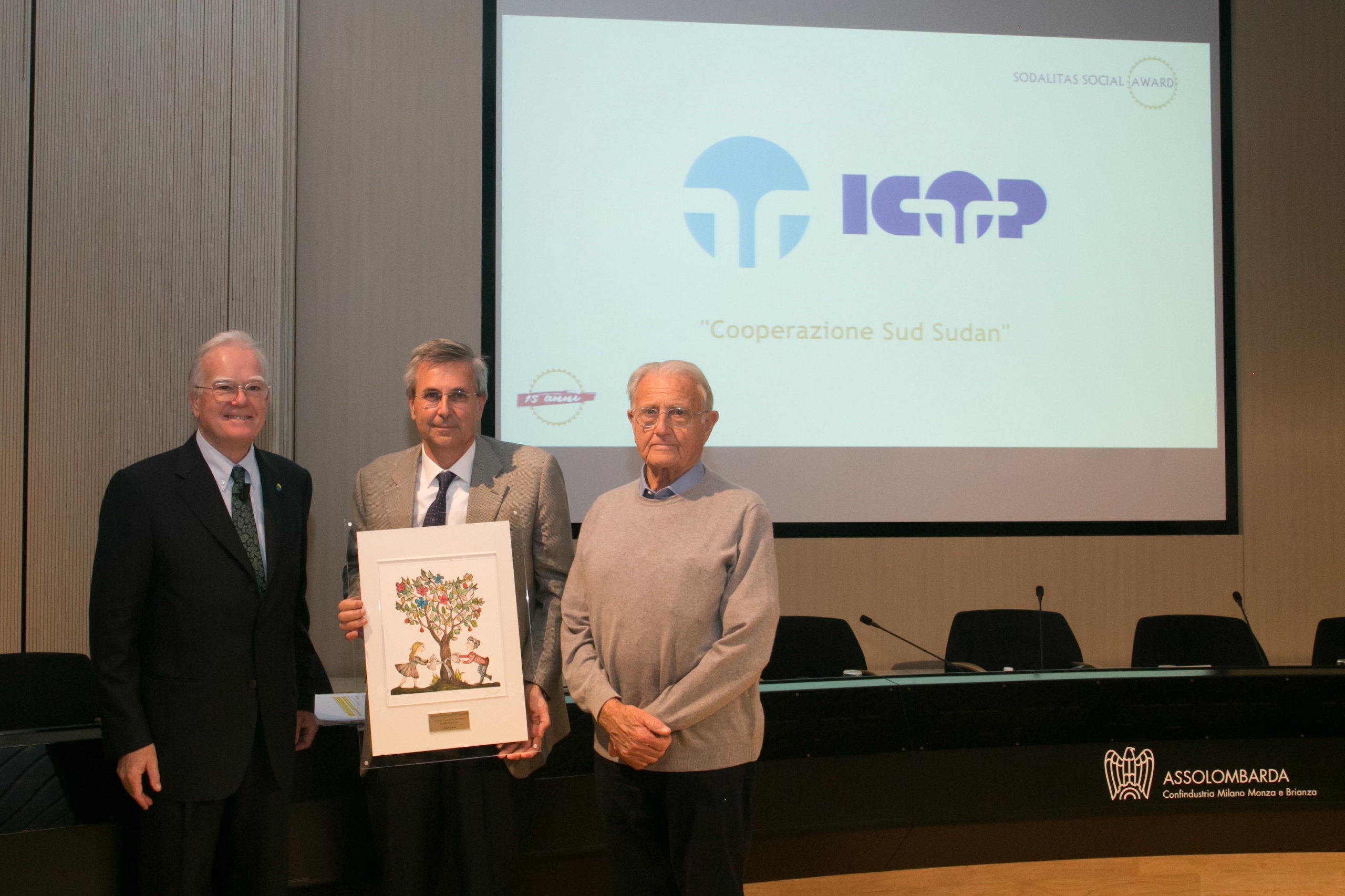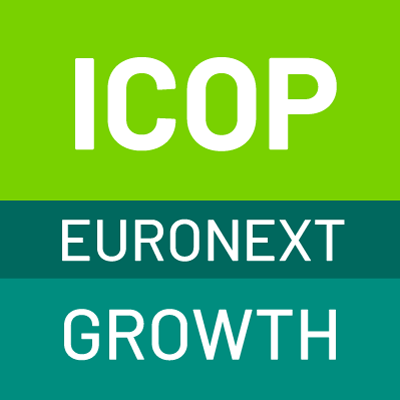Ireneo Dud Vocational Training Centre
The Ireneo Dud Vocational Training Centre is located in Bahrgel (Cuiebet County, Lake state, South Sudan), a rural village of about 1000 inhabitants. This is a school directly managed by Sudin Onlus, in cooperation with the Diocese of Rumbek, through the Ireneo Dud Foundation, a local body fully ruled and controlled by Sudin. The entire centre stands on a plot of about 500 hectares, donated by the local government in 2006.
Sudin worked with the newly-established Ministry of local education to structure the study plan for vocational schools, that did not exist previously. In this context, the contribution of the company’s professionals and technicians involved in the projects was fundamental.
In the Centre, in addition to classic subjects (English, mathematics, science, social studies, geography, history and religion), technical subjects are also taught: building (theoretical and practical course), agriculture (practical course), weaving (practical course for girls).
The centre also organised other training courses. The civil wars that devastated these lands left them without anything. There is no literacy and basic knowledge about hygienic-health measures is totally absent. To address essential needs, several courses were organised for the local population inside the centre:
- an English course;
- a basic hygiene course;
- parenting support courses.
The vocational training centre is currently attended by about 100 students of which at least thirty are girls (a noteworthy amount, given the context).
Since the beginning of the project, over 500 students have attended the school and over 250 of them have already graduated. Over 300 women have attended basic and agricultural courses. Over 600 families have had the opportunity to take part in horticulture, basic hygiene, nutrition training and parenting support course.
Currently, 9 temporary workers (local people, three of which are women) and 18 permanent workers are employed at the centre. The employees mainly perform tasks of maintenance and enlargement of the centre and the school and are responsible for the kitchen.
It is important to underline that the centre, in addition to its training function, has become a landmark in a vast territory. The Centre has a small dispensary (supervised by an Italian volunteer) where first aid is provided and it has become a place of refuge for the locals, especially when violence breaks out and the safety of people is in great danger. However, it is also a recreation centre, because the availability of electricity allows, for example, the screening of a film once a week.
Sustainable farming business
Since self-sustainability has been one of the cornerstones of the project from the very beginning, self-financing systems were immediately activated. One of these was the agricultural project.
In Cueibet county, the agricultural activity of the population is performed with poor production techniques. The food coming from Kenya and Uganda, which accounts for much of the diet, becomes more and more difficult to import due to road conditions and ethnic conflict which considerably increase the price already inaccessible for most Sudanese families. The sustainable agricultural project aims to improve the food self-sufficiency of the community in Barghel.
The activities carried out to achieve this goal include:
– activation and continuity of partnerships with FAO (Food and Agriculture Organization of the United Nations) e WFP (World Food Program) for the distribution of seeds and agricultural input;
– training for the improvement of agricultural techniques;
– preparation of land for cultivation;
– distribution of seeds and agricultural equipment;
– construction of wells for the improvement of agricultural land irrigation.
An annual course in agricultural practice has been permanently included in the study plan of the school. The practical exercises are held in the demonstration garden in the centre. In this garden, fruit and vegetables are grown both for volunteers and students, teachers, and workers.
The centre also provides a paid service for grinding cereals (sorghum and corn), with the aim of raising revenues for the school and helping the local community.
To provide the centre with its own source of energy, solar panels and a 40-kWh photovoltaic system have been installed; the photovoltaic system gives the school building total energy autonomy as well as powering a new irrigation system for the vegetable garden and the arable land prepared by I.CO.P.
I.CO.P. South Sudan branch
The Sudin Onlus Association alone would never have been able to properly manage such a complex project in such a difficult area. Even though the company firmly believes that the goal of the project is to set up a school and a structure that can be self-financing, I.CO.P. decided to intervene to guarantee the continuity of this experience. I.CO.P. will give its contribution until the objective will be reached, integrating the financial resources needed for the maintenance of the IDF.
To free up resources for the school and to contribute with the most appropriate means, I.CO.P. founded its own South Sudanese branch, where all profits go to the IDF.
The distinctive aspect of this project is the way a profit company acts as an business incubator, setting up a branch with a non-profit purpose: working there, it trains qualified personnel, as well as allocating revenues coming from the works to the IDF. The profits derived from the works are devolved to the IDF, which remains I.CO.P.’s main partner in South Sudan, especially in terms of staff training.
To guarantee the continuation of the project, I.CO.P. ensures the availability of personnel, in addition to resources, equipment, and raw materials. At least once a year, the company ships materials from Italy: food, spare parts, and materials for the construction of wells.
The branch participates in competitive tendering and prepares bids in order to perform onsite works, which can be completed through the cooperation between its staff and the young workers trained in the vocational training centre. Other workers are also involved in these works, so that the meagre working resources can be fully integrated into all projects.
I.CO.P. takes responsibility for the whole construction process, and in particular:
- tendering procedures;
- drafting bids;
- technical and design aspects;
- staff recruitment;
- workplace organisation;
- support to the activities with Italian engineers and technicians as needed;
- involvement of local communities as much as possible.
As well as other work, the branch is responsible for:
- the drilling and construction of wells (in the ex-Lakes State, approximately 50 wells have been drilled for drinking water);
- the construction of small masonry structures which grants relevant livelihoods to the school and an opportunity for professional growth to students;
- reclamation works, canalisation, and earthworks.
To date, a Rumbek State Hospital neonatal department (on behalf of UNOPS) and classrooms and facilities for refugees in Cueibet (on behalf of UNICEF) have been built. For a total value of more than one million euro, these works have raised more than 150.000,00 euro for the school.
In 2018, I.CO.P. tendered the first call for proposals for profit enterprises aimed at selecting “innovative business initiatives” for the financing of its “Social Business for South Sudan: support for entrepreneurship in South Sudan, from the humanitarian emergency to human and social development” (section “mature ideas”) project. The total cost of the initiative admitted to financing amounts to € 400,000.00, with I.CO.P. intervening with over 250 thousand euro; the remaining amount will be financed by AICS.
The purpose of the project is to develop the activities of a social enterprise involving local personnel, to support the economic, social, and cultural development process. Furthermore, it also aims to improve living conditions for local communities, with special attention to the social impact on the most vulnerable.
Project for women
In addition to training and entrepreneurship, by working in South Sudan I.CO.P. also wants to raise awareness in both genders in order to empower women and enhance their work.
The cultural and social characteristics of the population lead to the polygamy of the Dinka, the main ethnic group. Men have more than one wife and a large number of children that are not always taken care of. The head of the family lets the mother take care of raising the children, of their support, and of leading animals to pasture. Women live most of their lives without the presence of their husbands, without economic support. As a consequence, they are exposed to an increased lack of food security that has direct consequences on their and their children’s health.
I.CO.P. aims to open up new training and working opportunities for women. The school is open to training women and they are offered basic training courses, agricultural courses, and job employment opportunities.
Awards
For the projects in South Sudan, in 2017 I.CO.P. was awarded one of the eight Sodalitas awards, the Italian Oscars for sustainability and, especially, the first prize in the “Community, territory and quality of life” category.
